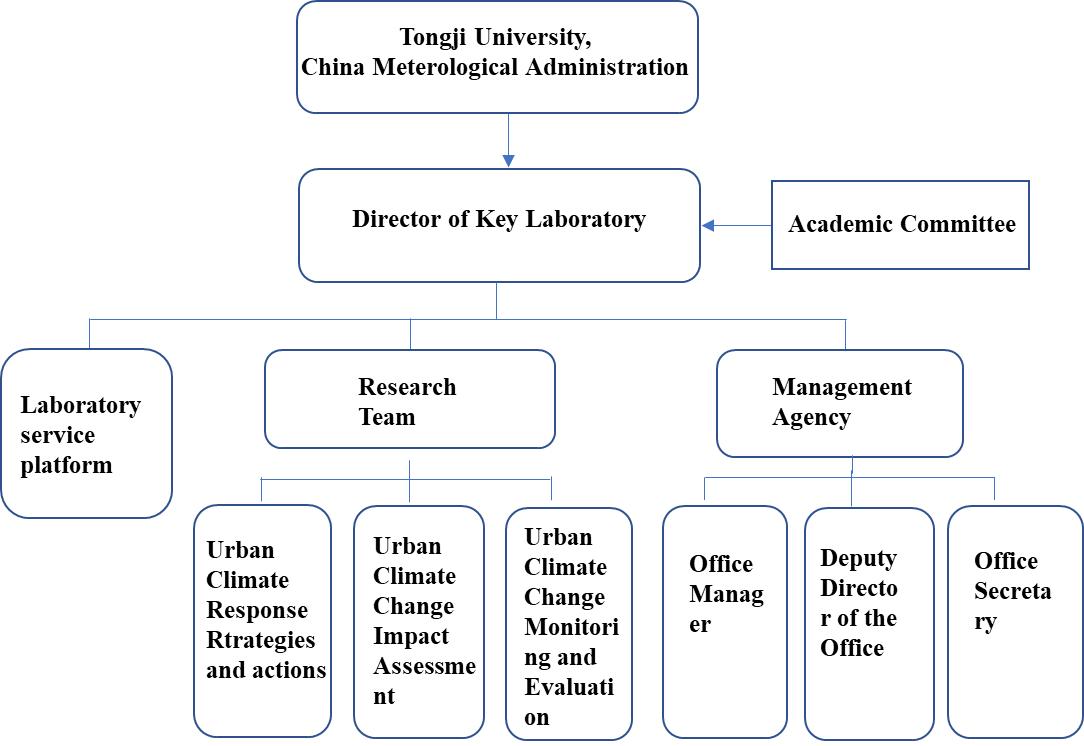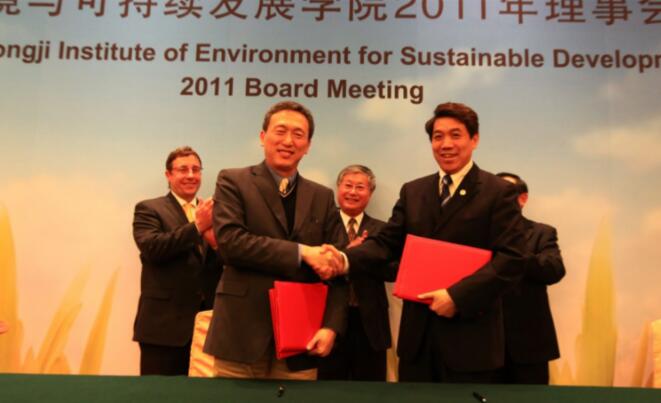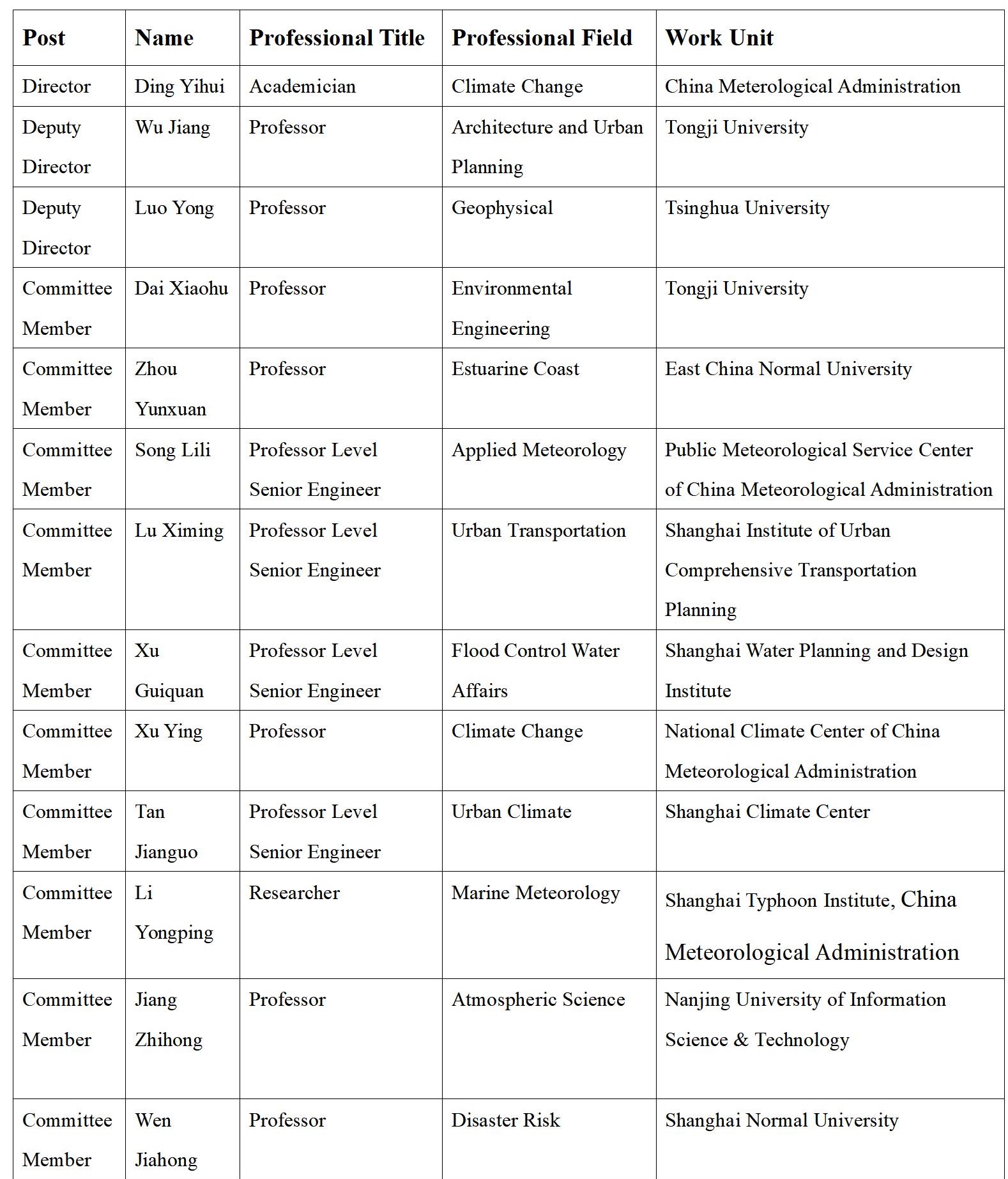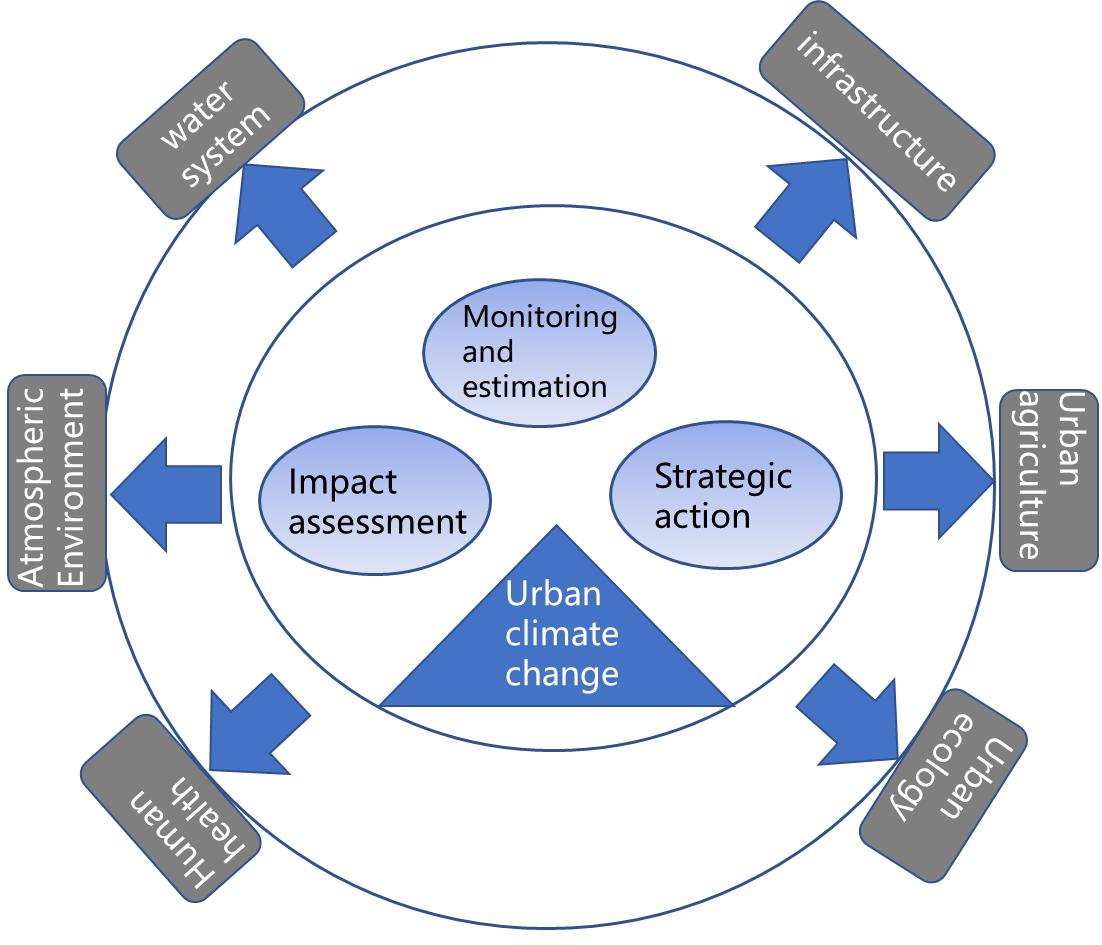Research
-
 Platform
Platform

-
 State Key Laboratory of pollution Control and Resource Reuse
State Key Laboratory of pollution Control and Resource Reuse
 Key Laboratory of Yangtze River Water Environment Ministry of Education
Key Laboratory of Yangtze River Water Environment Ministry of Education
 National Experimental Teaching Demonstration Center of Environmental Science and Technology
National Experimental Teaching Demonstration Center of Environmental Science and Technology
 Key Laboratory of Cities’ Mitigation and Adaptation to Climate Change in Shanghai (CMACC)
Key Laboratory of Cities’ Mitigation and Adaptation to Climate Change in Shanghai (CMACC)
 Shanghai Key Laboratory of Chemical Assessment and Sustainability
Shanghai Key Laboratory of Chemical Assessment and Sustainability
 International Joint Research Center for Sustainable Urban Water Systems
International Joint Research Center for Sustainable Urban Water Systems
 Yangtze Environmental Specimen Bank
Yangtze Environmental Specimen Bank
 National Strategic Alliance for Technological Innovation of Sludge Treatment and Disposal Industry
National Strategic Alliance for Technological Innovation of Sludge Treatment and Disposal Industry
 The Yangtze River Ecological Environment Research Base in Chongming
The Yangtze River Ecological Environment Research Base in Chongming
-
 Achievements
Achievements


In order to improve the service level of meteorological work for sustainable economic and social development, further promote the construction of relevant disciplines of Tongji University, and promote the common development of the two sides under the new situation, China Meteorological Administration and Tongji University formally signed a cooperation agreement at the end of 2011. The agreement requires to, on the basis of present cooperation between two parties, establish a formal partnership, give full play to their respective advantages, expand the scope of cooperation to an all-round level, promote the long-term development of China's meteorological industry, and promote the education system reform and discipline construction of Tongji University. The agreement clarifies that the two parties shall conduct comprehensive cooperation in the aspects of climate-change talent training, discipline construction and research, construction of talent training base, meteorological modernization, science and technology industry, and resource sharing, etc. The two sides agreed to conduct future cooperation in accordance with the principles of "comprehensive cooperation, complementary advantages, equal consultation, mutual benefit, multi-level advancement, focus on practical results, resource sharing, and common development".
In August 2014, the China Meteorological Administration formally approved the request of Tongji University and Shanghai Meteorological Administration to jointly build the Key Laboratory of Cities’ Mitigation and Adaptation to Climate Change in Shanghai (referred as Laboratory hereafter). In October 2015, the Laboratory held an initial meeting to further clarify the major tasks and development direction of the Laboratory. This specific Laboratory is featured with typical characteristics and advantages of "Administration-University" cooperation.. On December 5, 2018, the Department of Science and Climate-Change of China Meteorological Administration organized an acceptance meeting at Tongji University.
A specialist group, formed of leaders of the Department of Science and Climate-Change, Shanghai Science and Technology Commission, Shanghai Meteorological Administration, responsible person and members of department of science and technology management of the Laboratory and 8 acceptance experts, attended the meeting.
The specialist group inspected the laboratory site on the spot, listened to the summary report of its construction, and unanimously agreed to confirm the acceptance. On November 28, 2019, the Laboratory held the unveiling ceremony and the third meeting of the first Academic Committee at the Shanghai Meteorological Administration.
Management Framework


In 2011, Tongji University and China Meteorological Administration signed a memorandum of understanding on co-construction of a climate change laboratory

On November 28, 2019, the opening ceremony of the Shanghai Key Laboratory of Urban Climate Change Response of China Meteorological Administration and the third Academic Committee
Academic Committee

According to the opinions and suggestions of the first meeting of the Academic Committee on July 7, 2017, the laboratory further refined three research directions, which were deliberated and approved by the second meeting of the Academic Committee on May 24, 2018. The three research directions of the Laboratory are: (1) urban climate change monitoring and prediction; (2) urban climate change impact assessment; (3) urban strategies and actions in response to climate change We will form nine stable key research teams and research fields, and form a stable echelon of young and middle-aged talents.
At present, 48 permanent researchers are employed in this Laboratory.



 中文
中文 Tel 021-65983869
Tel 021-65983869 Wechat
Wechat




